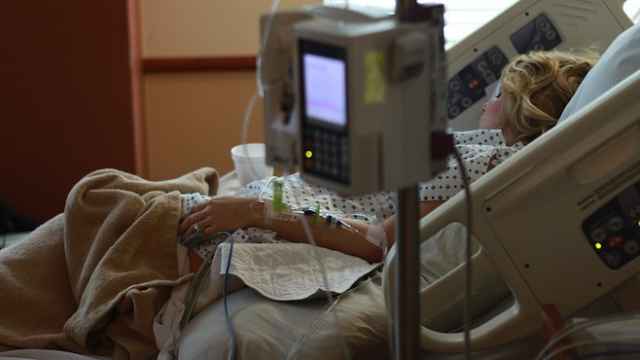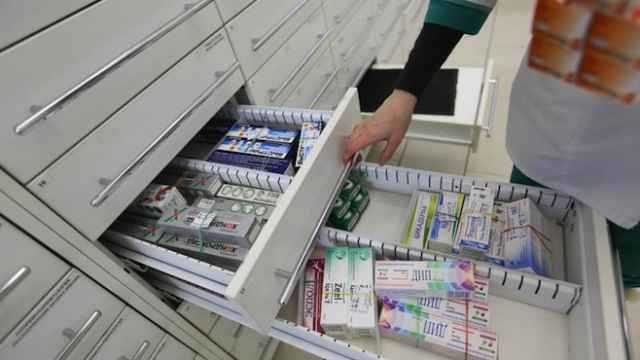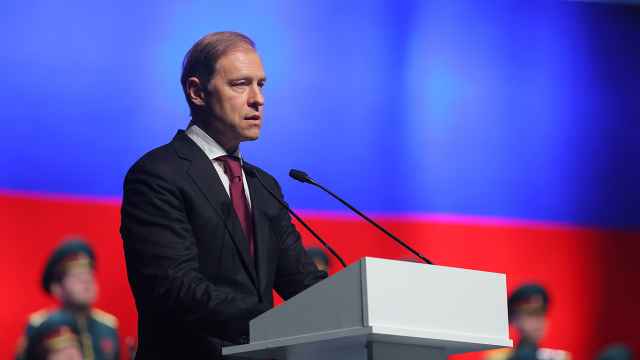Russia's State Duma is working on draft legislation to allow the use of organs from deceased children for transplants. At a press conference held on Friday, Duma deputy and healthcare committee member Alexander Petrov told the TASS news agency that the new legislation would be drafted during the parliament's autumn-spring session.
"One deceased person saves the lives of seven to eight people," Petrov said. "There's a working group drafting a new transplant law, which includes a part about children's transplants." Petrov noted that transplants from deceased children are currently banned under Russian law.
Petrov said that the basic criteria for organ donation from children will be the consent of the parents, working with both doctors and psychologists.
The deputy also recognized that the new law could provoke objections of a religious nature, and stated that the ethical ramifications of the new law would be discussed at the upcoming World Russian Synod, which starts Nov. 1.
A Message from The Moscow Times:
Dear readers,
We are facing unprecedented challenges. Russia's Prosecutor General's Office has designated The Moscow Times as an "undesirable" organization, criminalizing our work and putting our staff at risk of prosecution. This follows our earlier unjust labeling as a "foreign agent."
These actions are direct attempts to silence independent journalism in Russia. The authorities claim our work "discredits the decisions of the Russian leadership." We see things differently: we strive to provide accurate, unbiased reporting on Russia.
We, the journalists of The Moscow Times, refuse to be silenced. But to continue our work, we need your help.
Your support, no matter how small, makes a world of difference. If you can, please support us monthly starting from just $2. It's quick to set up, and every contribution makes a significant impact.
By supporting The Moscow Times, you're defending open, independent journalism in the face of repression. Thank you for standing with us.
Remind me later.






